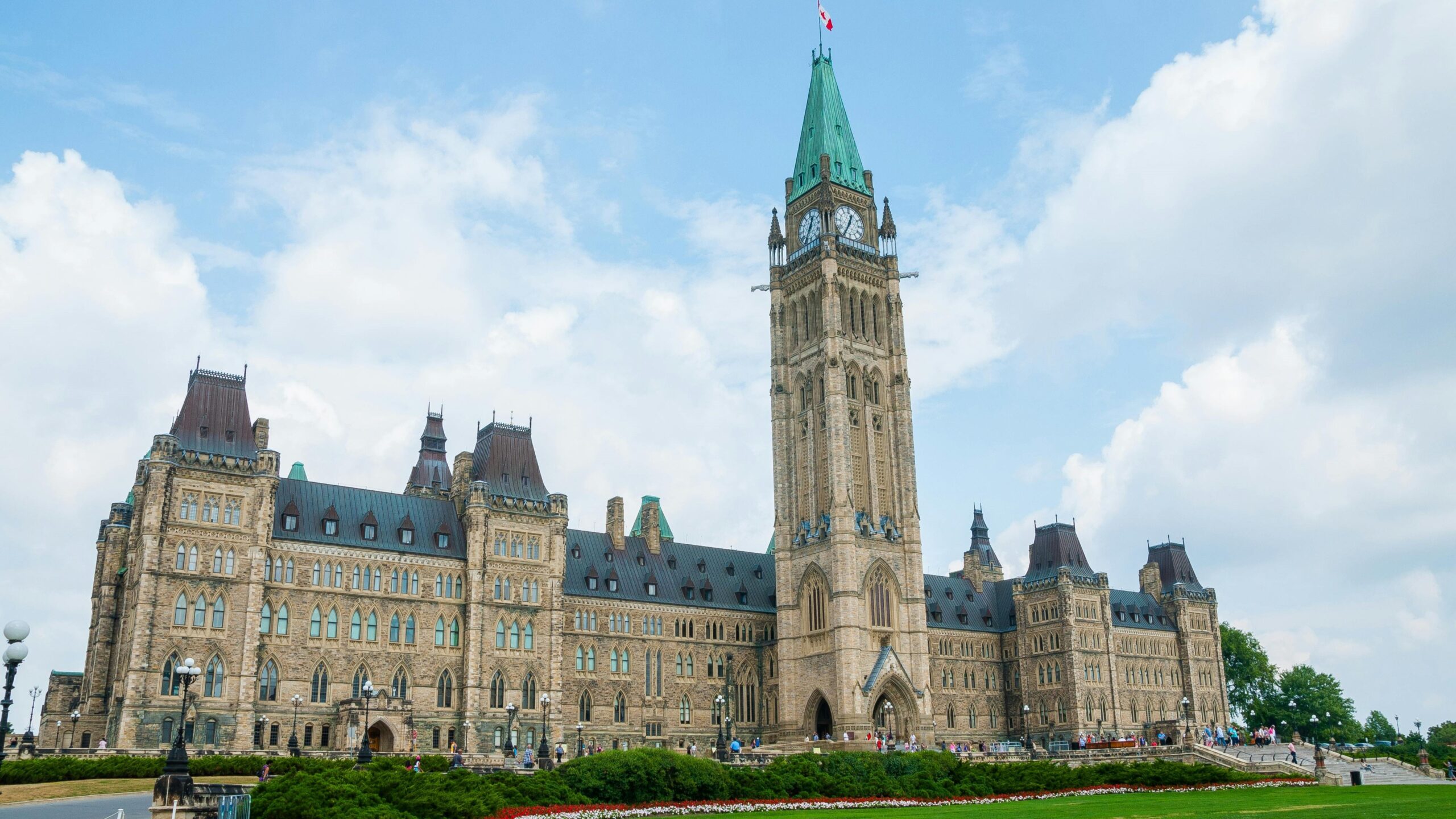The Supreme Court of Canada overturned the Quebec Court of Appeals’ verdict stating Bill C-92 was unconstitutional.
Anishinabek Nation Grand Council Chief Reg Niganobe told Humber News he believed the Supreme Court’s decision affirmed Canada’s resolve to reconcile First Nations, Métis, and Inuit sovereignty.
Between the late 16th and early 20th century, First Nations, Métis, and Inuit people signed many treaties between themselves and North American colonialists.
“They issued peace with us at that time and we agreed to be their allies, but we would remain separate,” Niganobe said. “[Canada] never bestowed [sovereignty] upon us. It was always there for us.”
Bill C-92 was enacted on Jan. 1, 2020, and was named, An Act respecting First Nations, Inuit, and Métis children, youth and families.
The act gave responsibility for Indigenous family and child welfare services over to their respective nations.
The Quebec Court of Appeals decision said sections 21 and 22(3) of the act gave unconstitutional preference to the First Nations laws over provincial laws.
However, the Supreme Court decision said First Nation child and family welfare laws are on par with federal laws and as such the act was constitutional.
The act was part of Canada’s attempts to reconcile with the First Nations, Métis, and Inuit and respect their authority as nations within Canada.
An auditor general report in 2011 said the government of Nunavut needed to make large-scale changes to make the family and child welfare department up to Canadian standards.
Former auditor general Sheila Fraser said Nunavut’s family and child welfare services were woefully underfunded, understaffed, and ill-prepared to confront issues faced by families and children in Nunavut.
Auditor General Karen Hogan’s 2023 spring report said Nunavut continued to not implement recommended changes.
“The departments agreed to the recommendations in our previous 2 reports, but we have yet to see vulnerable children receive the protection they deserve,” Hogan said in a May 2023 media release.
Chair of the Nunavut Legal Services Board, Madeleine Redfern, said she was concerned about Nunavut’s unfulfilled recommendations as well.
Redfern said her biggest concern was working towards implementing the recommendation of the report within her jurisdiction.
“When children need to be removed from their families due to safety issues, we [need to] ensure that children are put into safe homes and that children are not lost in the system,” Redfern said.
Back in Ontario, Niganobe said he hopes bringing indigenous people into the conversation will result in a holistic approach involving the whole family unit.
He said children should stay with family, such as their grandparents, to receive their knowledge and culture, as well as continue to be a part of a family unit.
“That sort of thing is frowned upon outside of the First Nation,” Niganobe said. “Those are the sort of standards and different things that we can adjust now so that it is more acceptable.”
Looking to the future of Canadian-Indigenous relations, Niganobe said many discussions need to be had about the constitution and how it deals with First Nations, Métis, and the Inuit.
However, he said Indigenous people can rectify the past and work together with the Canadian government to find solutions, as long as Canada has the desire.
From here, Indigenous people must now implement laws and enforce them, reflecting on what works and does not work and improving where necessary, Niganobe said.

